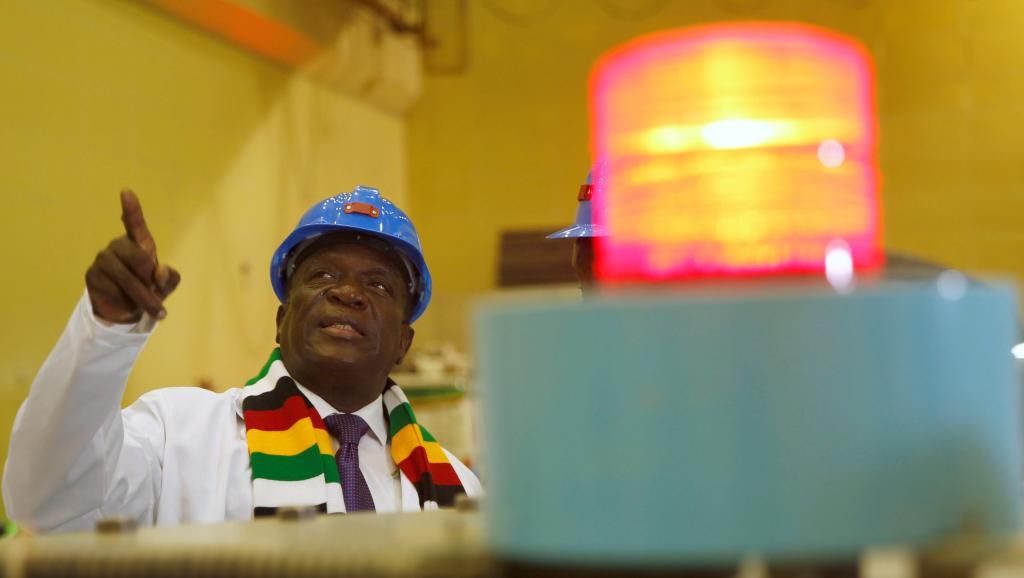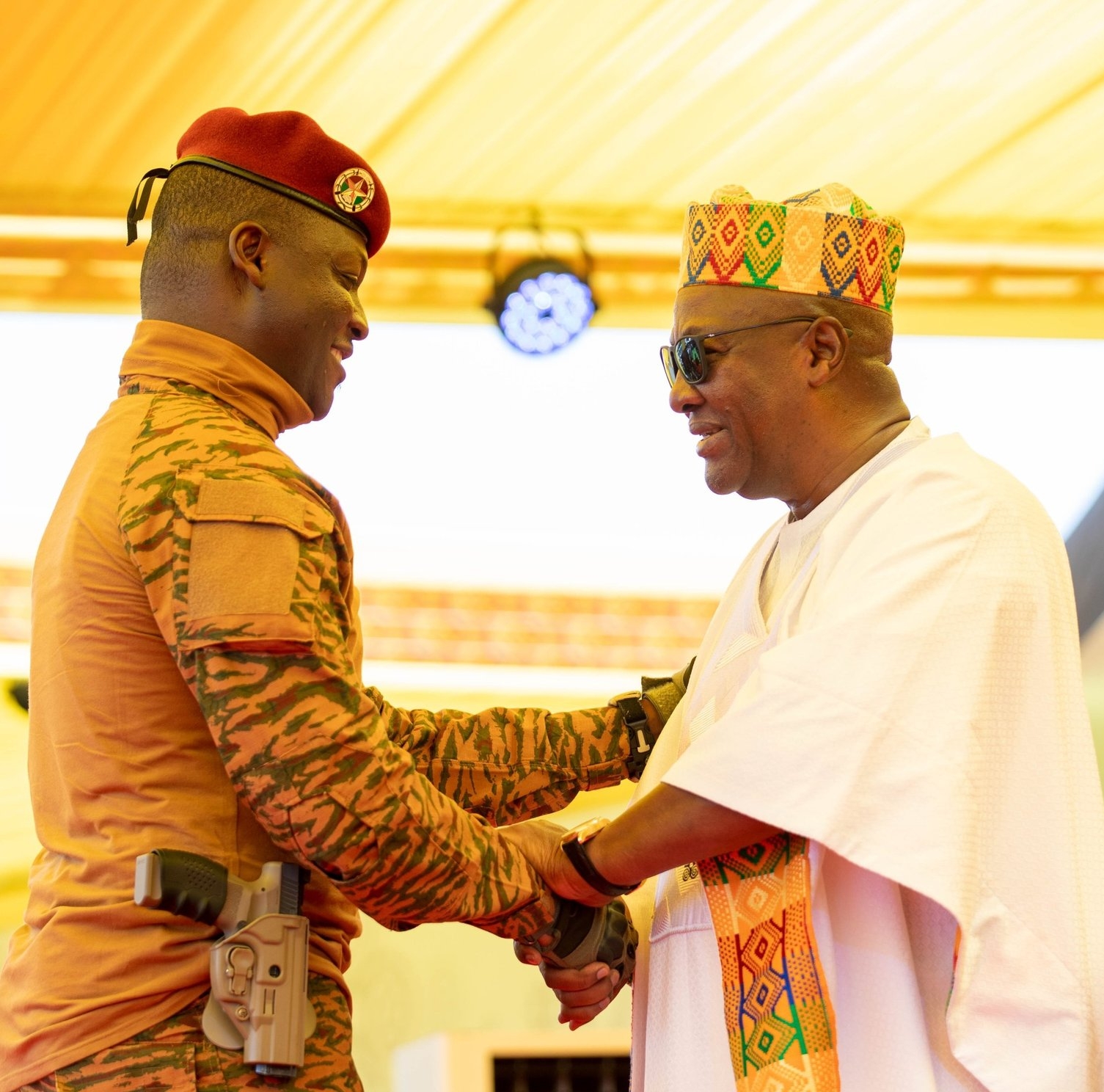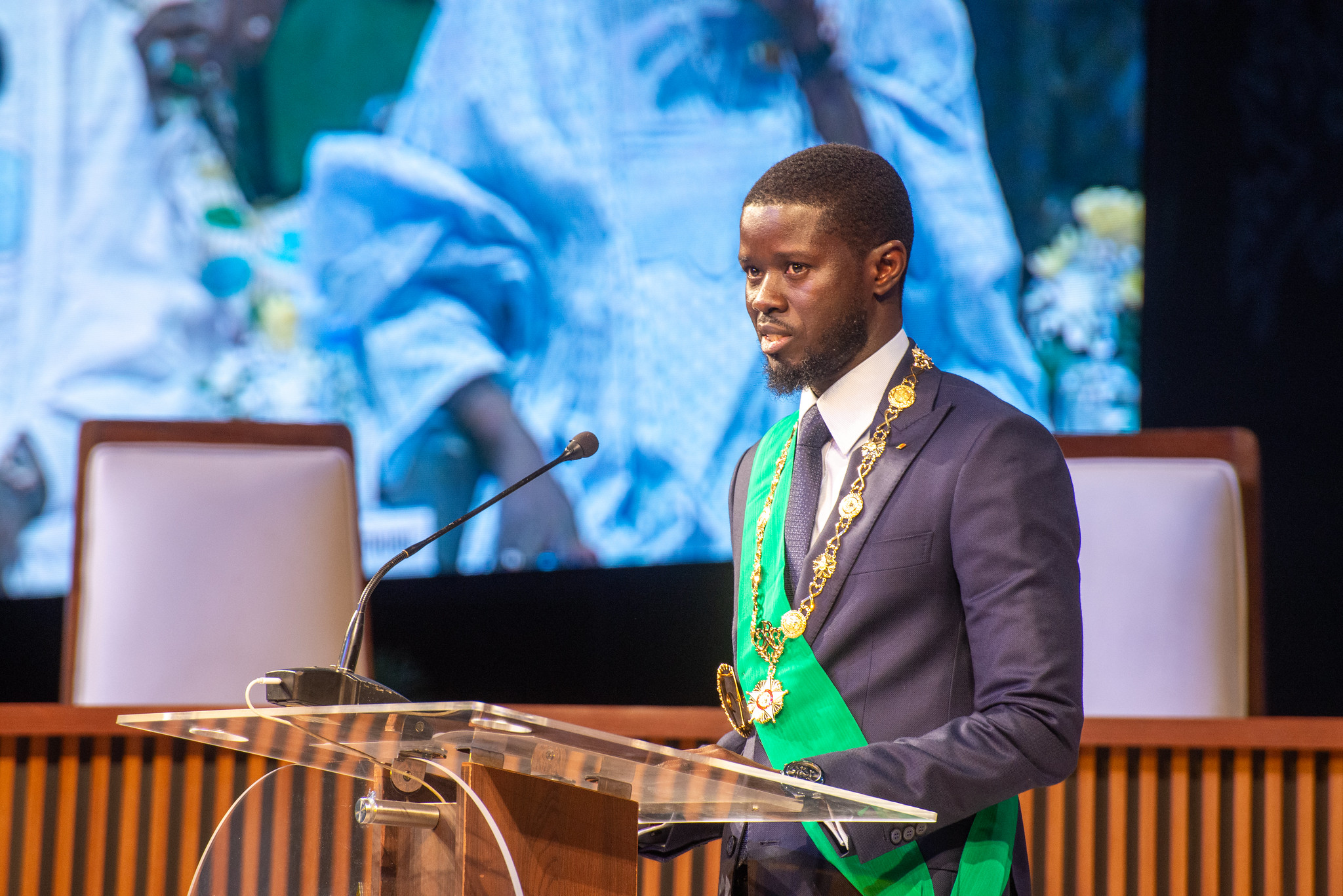Zimbabwe’s electoral commission on 3 August announced that incumbent President Emmerson Mnangagwa has won the presidential election, securing 50.8% of the vote against opposition leader Nelson Chamisa’s 44.3%. The result follows a spasm of unrest in the capital Harare in reaction to the earlier announced parliamentary election results, which saw Mnangagwa’s ZANU-PF party win sweeping majorities, and the delays in declaring the presidential victor. The opposition has denounced both election results, claiming electoral fraud, having earlier made declarations that they had won the presidential poll. International observers have provided a mixed view on the electoral process, raising concerns over misuse of state resources, an imbalance in media coverage, disorganisation at some polling stations and evidence of voter intimidation in some instances. But they have equally praised the peaceful conduct of the poll and not raised concerns over widespread electoral abuse at this stage.
Short-term volatility to continue in elections aftermath
The post-electoral landscape will remain charged in the short-term and while there has not been an immediate reaction in Harare to the presidential outcome, we anticipate that the opposition MDC party will seek to challenge the result vocally. While there are some grounds for opposition grievances, the margin of victory, the observer reaction to the conduct of the election, and the incumbent’s control of the state apparatus will weaken Chamisa and the MDC’s room for manoeuvre. But the concentration of opposition supporters in urban hubs like Harare and Bulawayo provides a rallying point for mobilisation in the coming days. During the opposition protests yesterday, the military was called upon to police, resulting in at least six deaths. Heavy policing is now likely in the capital in particular to avert a further confrontation that could damage the government’s positioning in the eyes of the international community.
Looking forward, the dust is unlikely to settle on the elections for a few weeks as the opposition challenges the outcome – most likely through the courts. But despite Mnangagwa and ZANU-PF being perceived as illegitimate in the opposition’s strongholds – including importantly in the cities – we anticipate that the international community will ultimately recognise the electoral outcome. Mnangagwa is a figure deeply engrained in the ZANU-PF system and complicit in a number of abuses and policy decisions the party has undertaken in the past few decades. But pragmatists will also acknowledge that he is pushing a reformist agenda while being one of the few figures who garners enough authority across key political and military structures, to reduce the risk of more profound instability should vested interests push back against more radical political change. Mnangagwa himself is also proving a pragmatist in how he is taking ZANU-PF forward, recognising the centrality of economic recovery and the need to bring donors and investors back on board to achieve this. As such, while the past is unlikely to be forgotten by many, others will look forward to Zimbabwe taking a new trajectory under his rule.
Priorities for the new government
The importance of this cannot be under-stated. Zimbabwe’s economy is less than half the size it was in 2000 when former president Robert Mugabe began his radical reform agenda. For now, we feel that the new government will pursue the following priorities:
- Mnangagwa’s first priority will be to settle the political situation and secure his legitimacy in the eyes of the international community. Despite a turbulent few weeks ahead, we believe the opposition’s hand is too weak to force a power-sharing agreement, so Mnangagwa and the ZANU-PF are likely to emerge in full control of the state apparatus and ultimately with the international community’s backing.
- Mnangagwa’s first cabinet was a major political compromise and carried the spectre of the military’s continued influence. The election now nominally frees him up to implement a cabinet that is more technocratic and less controversial – this will be a critical test of his leadership and the type of government he is likely to oversee. Strategic posts will likely see positive appointments but observers will be watching closely to determine how Mnangagwa settles his supporters, including vested interests in and around the ZANU-PF machine. The relationship between Mnangagwa and Vice President Constantino Chiwenga, who is a retired general, will be the critical fault line under which this power-struggle will likely play out, shaping the outlook for ZANU-PF decision-making.
- With a government in place, Mnangagwa’s top priority will be re-engaging the donors in a bid to tackle the chronic state of the country’s finances. Zimbabwe’s external debt of over $7bn and its domestic debt of over $4bn has resulted in major arrears and contributed to the country’s economic collapse. The government is already on a programme to reduce its debt exposure but will likely require support – much of which is likely to be conditional, resulting in requirements to undertake unpalatable public sector reforms, some of which will likely be resisted. Nevertheless, Zimbabwe will likely seek to enter a debt reduction programme tied to reform commitments and will continue to lobby on the removal of sanctions. We anticipate that the international community will adopt a tentative approach on this front, re-engaging and supporting reform initiatives but also ensuring that some of its levers of influence remain in place to ensure the reform trajectory is adhered to.
- The democratic mandate – albeit contested – and the re-engagement of donors will be key pillars for also engaging with investors. Mnangagwa has already championed the importance of attracting foreign investment and appears open to overhauling ZANU-PF policies, including on stringent indigenisation requirements to attract greater investment. The last few months have already seen a steady rise in investor interest despite the sizeable challenges running a business in country with a major liquidity crisis, lack of forex in particular, and a difficult policy landscape to navigate.
- As has been evidenced by the last few months of Mnangagwa rule, for all the optimism and promise of change the government is seeking to espouse, the government is also broke and cannot substantially improve public services until it gets the economy back onto a more positive footing. Accordingly, we anticipate that a flurry of reforms will nevertheless continue to be underpinned by extremely tough socio-economic conditions which will hinder rapid economic recovery.
Strategic outlook
As was evidenced by the protests in Harare over the last 24 hours, many Zimbabweans wanted to see a full break with the past and a new political horizon for the country. Instead, Zimbabwe’s political revival is likely to be driven by the very party and leaders who brought it to its current state. That said, under Mnangagwa’s leadership, we do anticipate a genuine commitment to reform and economic revival which will put the country, slowly but surely, on stronger footing. Economic recovery will not happen overnight, such is the monumental scale of the challenges faced. But for all the erosion of the state and its economy in the past two decades in particular, Zimbabwe is gifted with great resource potential, unrivalled human capital on the continent, a reasonably robust legal and institutional framework, and the likely introduction of a more conducive policy environment. Put together, these fundamentals provide Zimbabwe with a unique opportunity to be one of the great recover and growth stories of the next decade.
Roddy Barclay is the Director of the Intelligence and Analysis team at Africa Practice. In this role, Roddy leads the company’s political risk advisory and business intelligence practice across sub-Saharan Africa.
Rishon Chimboza is the Client Service Lead for East Africa and formerly headed up Africa Practice’s business in Zimbabwe. He has extensive experience advising clients on their strategic communications and positioning in Zimbabwe and across Africa.
Proud to be BCorp. We are part of the global movement for an inclusive, equitable, and regenerative economic system. Learn more



